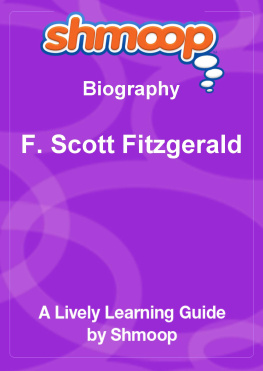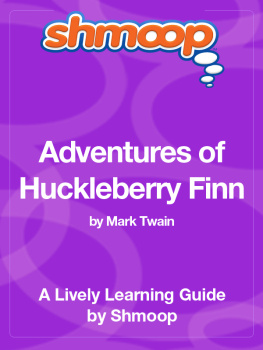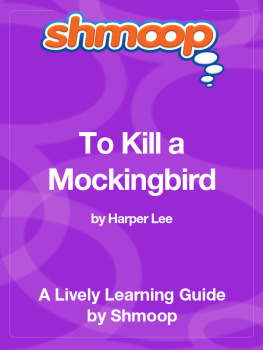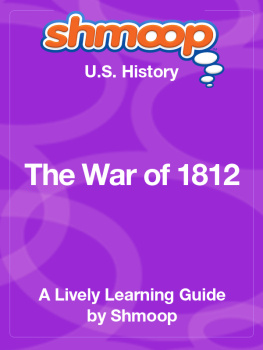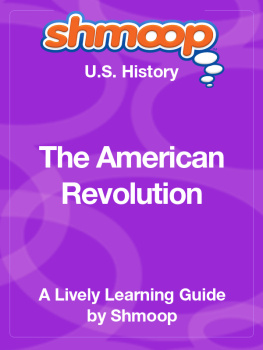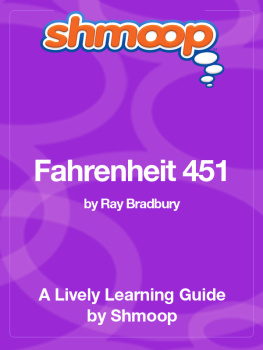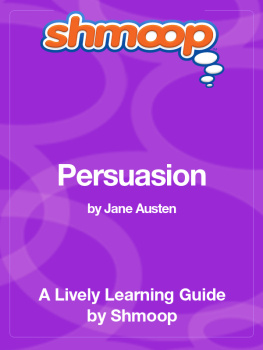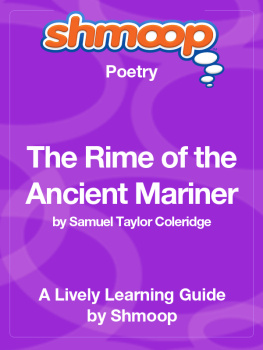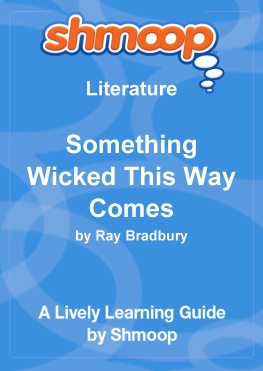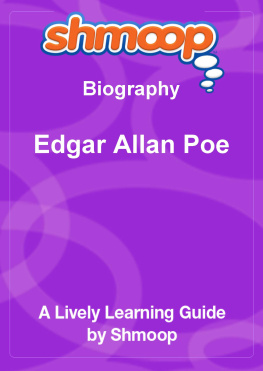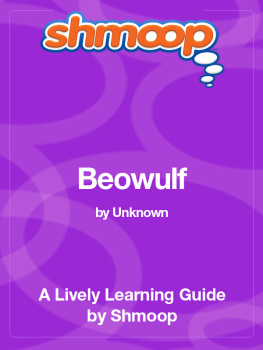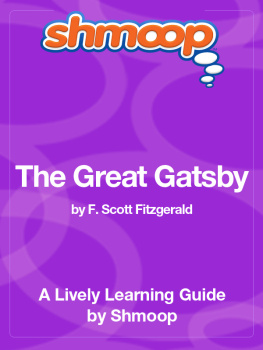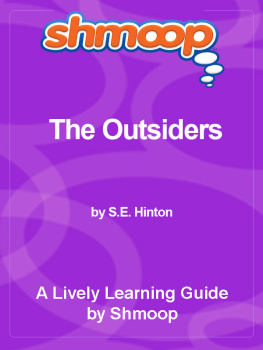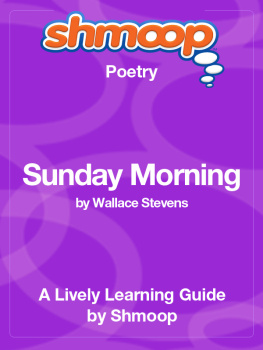Shmoop - F. Scott Fitzgerald
Here you can read online Shmoop - F. Scott Fitzgerald full text of the book (entire story) in english for free. Download pdf and epub, get meaning, cover and reviews about this ebook. year: 2010, publisher: Shmoop, genre: Detective and thriller. Description of the work, (preface) as well as reviews are available. Best literature library LitArk.com created for fans of good reading and offers a wide selection of genres:
Romance novel
Science fiction
Adventure
Detective
Science
History
Home and family
Prose
Art
Politics
Computer
Non-fiction
Religion
Business
Children
Humor
Choose a favorite category and find really read worthwhile books. Enjoy immersion in the world of imagination, feel the emotions of the characters or learn something new for yourself, make an fascinating discovery.
- Book:F. Scott Fitzgerald
- Author:
- Publisher:Shmoop
- Genre:
- Year:2010
- Rating:3 / 5
- Favourites:Add to favourites
- Your mark:
F. Scott Fitzgerald: summary, description and annotation
We offer to read an annotation, description, summary or preface (depends on what the author of the book "F. Scott Fitzgerald" wrote himself). If you haven't found the necessary information about the book — write in the comments, we will try to find it.
Dive deep into the story of F. Scott Fitzgeralds life anywhere you go: on a plane, on a mountain, in a canoe, under a tree. Or grab a flashlight and read Shmoop under the covers. Shmoops award-winning Biographies are now available on your eReader. Shmoop eBooks are like having a trusted, fun, chatty, expert always by your side, no matter where you are (or how late it is at night).
Shmoop Biographies offer fresh perspectives on great thinkers and doers. The biography includes a life story, family tree, resume of important works and accomplishments, jaw-dropping trivia and anecdotes, memorable quotes, and a timeline of formative events. Best of all, Shmoops analysis aims to look at people from multiple points of view to give you the fullest understanding. After all, there is no history, only histories (Karl Popper).
Experts and educators from top universities, including Stanford, UC Berkeley, and Harvard, have written these biographies designed to engage you and to get your brain bubbling. Shmoop is here to make you a better lover (of literature, history, life...) and to help you make connections to other historical moments, works of literature, current events, and pop culture. These learning guides will help you sink your teeth into the past. For more information, check out http://www.shmoop.com/biography/
Shmoop: author's other books
Who wrote F. Scott Fitzgerald? Find out the surname, the name of the author of the book and a list of all author's works by series.

